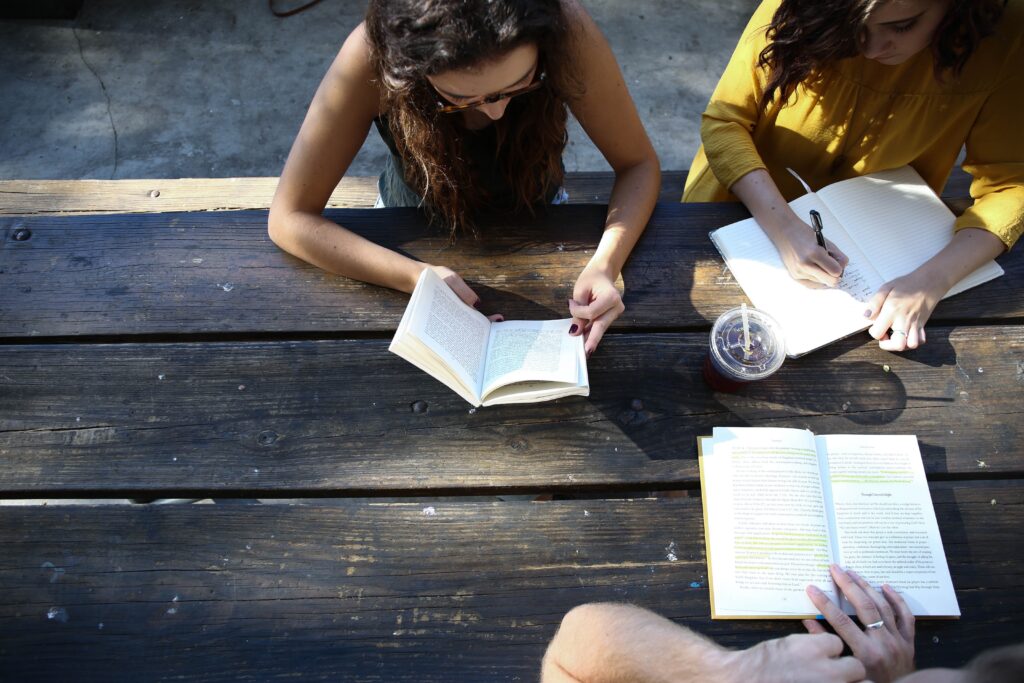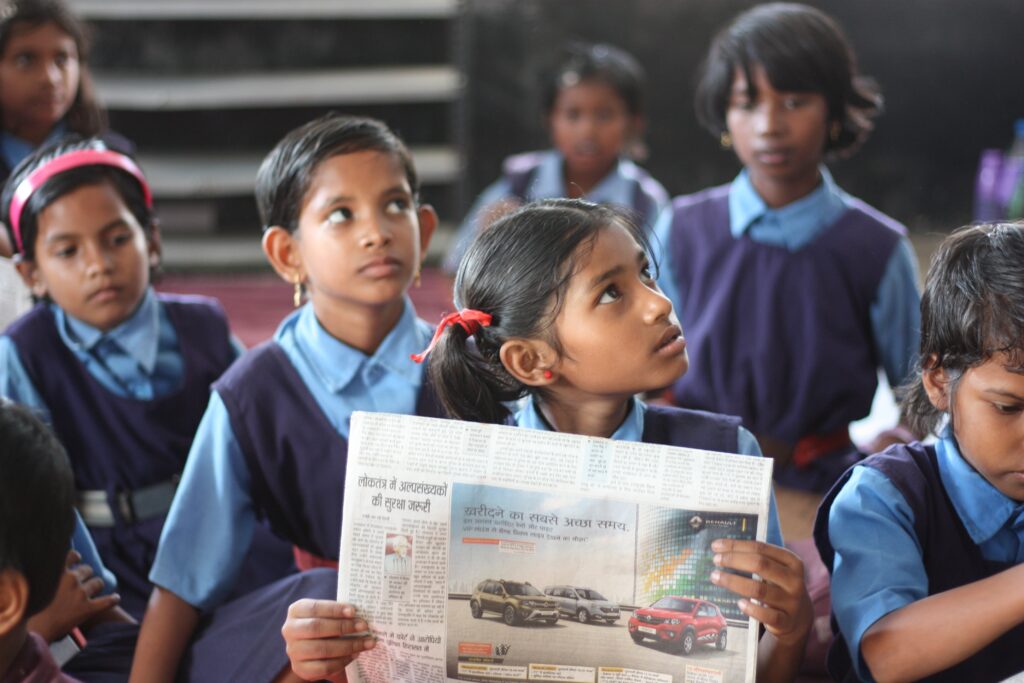Interviewing can be daunting to students and early-career journalists. When the topics are contentious or involve ideologies that are in direct opposition to a journalist’s values, interviews can be exponentially more difficult. But journalists have an ethical responsibility to seek the truth and report it accurately — especially on controversial issues, where the need for rigorous, unbiased reporting is even more critical.
Thorough preparation is essential for these interviews, and that starts with understanding journalism’s role in a democracy. Controversial issues often involve public figures or institutions that should be held accountable for their actions or statements. Rigorous interviews can help uncover wrongdoing or misinformation, as well as supports the journalistic mission of holding power to account.
Interviewing people who distrust the media or have contentious socio-political views also supports the democratic tenet and the journalistic goals of including all voices and fostering informed, constructive dialogue. When well-prepared journalists use interviews to explain and provide context for complex topics, their work can help educate the public, increase understanding and help counteract echo chambers or confirmation bias — including the journalist’s own biases.
Guides & Best Practices
Solutions Journalism Network
Complicating the Narratives Toolkit
Complicating the Narratives draws from the experience of experts in conflict mediation. These strategies and techniques help journalists conduct interviews to provide clarity and understanding, as well as reduce divisiveness.
Spaceship Media
Dialogue Journalism Toolkit
A seven-step method for journalists to identify divides and then create extended, moderated and fact-supported conversations.
Global Investigative Journalism Network
“How to Land — and ‘nail’ — the accountability interview: Tips from recent investigations”
Tools and tips from investigative journalists on getting and conducting tough interviews with reluctant or combative subjects.
Trusting News
“Step-by-Step Guide: How Journalists Can Talk to People Who Don’t Trust News (and Build Trust Doing It)”
This guide, part of the The Road to Pluralism effort, provides tips and instructions for journalists conducting interviews on contentious topics.
Training
PBS Learning Media
The “How to interview politicians” video demonstrates interviewing techniques as a high school journalist interviews state senator candidates. In “How does Judy Woodruff prepare for a presidential debate?,” Judy Woodruff talks to a high school reporter about preparing for a critical interview.
National Democratic Training Committee
“How to prepare your candidate for an interview” can still help journalists prepare for election interviews, though it is a self-guided course designed for candidates.
Master Class
Conducting the Interview is a 24-part series wherein renowned journalist Bob Woodward discusses how to conduct even the most contentious interviews. (Membership required)
Poynter Institute
Conducting Interviews that Matter is a free course taught by Joshua Johnson, former host of NPR’s “IA” radio program.
Center for Cooperative Media
The Democracy Infusion Project offers advice, resources and teacher’s notes on preparing students for difficult interviews.
Assistance
Here are some organizations that can help journalists develop accurate and effective interview questions, as well as be prepared to talk with people who distrust reporters or hold controversial ideas.
The Society of Professional Journalists offers its SPJ Toolbox to help journalists develop interviewing and writing skills.
The National Council of State Legislatures and Ballotpedia can help reporters come to an interview prepared with election facts, voting records and current and past laws, as well as proposed bills.
Trusting News offers self-guided courses, tools and a newsletter designed to help reporters earn trust with news consumers.
The Journalist’s Resource, a service of the Harvard Kennedy School, offers a weekly newsletter and is a repository for tips and advice on a variety of journalism topics.
Additional Resources
PEN America
“The pro-free speech way to fight fake news” by Suzanne Nossel
Article
University of Oregon
“Interviewing: The Oregon Method” by John Russial and Peter Laufer
Book
The Atlantic
“Stop trying to ask ‘smart questions'” by Derek Thompson
Article
The New Republic
“The only person who’s figured out how to interview Trump” by Alex Shephard
Commentary
Richland Source
“J.D. Vance: A conversation about his campaign for the U.S. Senate” by Carl Hunnell
Article
The Open Notebook
“How to conduct difficult interviews” by Mallory Pickett
Article
The Whole Story
“22 questions that ‘complicate the narrative'”
Article, video




